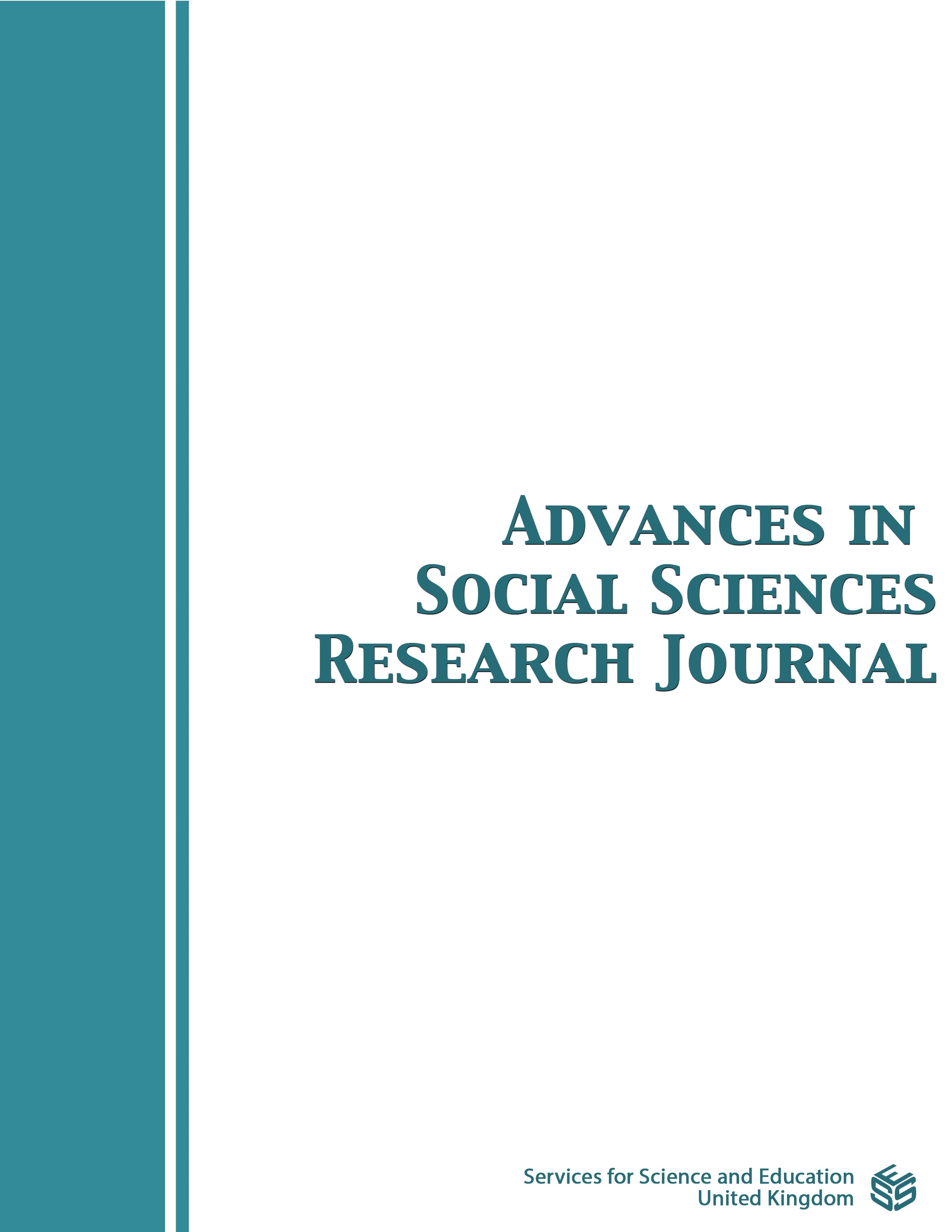Education for Women Empowerment: Perceptions and Experiences of Female University Graduates in Rwanda
DOI:
https://doi.org/10.14738/assrj.109.15536Keywords:
Women empowerment, women education, gender, development, social justiceAbstract
Despite the quantitative representativity of women in decision making in the political bodies and education, less is still known about their post-university experiences at the self- and social levels. The study at hand examines the perceptions and experiences of female university graduates in Rwanda. Personnel curricular planning or quality services frameworks are dependent on representations of a genderless society and rest on a mind-set of presumed objectivity and merit-informed decisions. This paper is centred on education for women empowerment with the focus on their perceptions and experiences as graduates from the universities in Rwanda. The paper’s objective was to understand their empowerment and acceptance by society and assess the level of challenges that they are encountering after higher education. Due to its exploratory nature, a qualitative research approach was adopted to collect data from 7 participants purposely selected from diverse professions. The data were analysed using content analysis with iterative deductive–inductive identifications of themes and from the findings of the study it is expected that the participants would indicate their perception of the change in their status after leaving higher education, the treatment they are confronted with at the level of their families, and the society, the manner in which they perceive themselves with other women who are less educated, and how despite their attainment of tertiary education, they are still confronted with a myriad of challenges. In perspective, this paper would identify policy and research recommendations that can go a long way to stem the tides.
Downloads
Published
How to Cite
Issue
Section
License
Copyright (c) 2023 Abraham Tamukum Tangwe, Edouard Ntakirutimana, Emmanuel Niyibizi

This work is licensed under a Creative Commons Attribution 4.0 International License.
Authors wishing to include figures, tables, or text passages that have already been published elsewhere are required to obtain permission from the copyright owner(s) for both the print and online format and to include evidence that such permission has been granted when submitting their papers. Any material received without such evidence will be assumed to originate from the authors.






